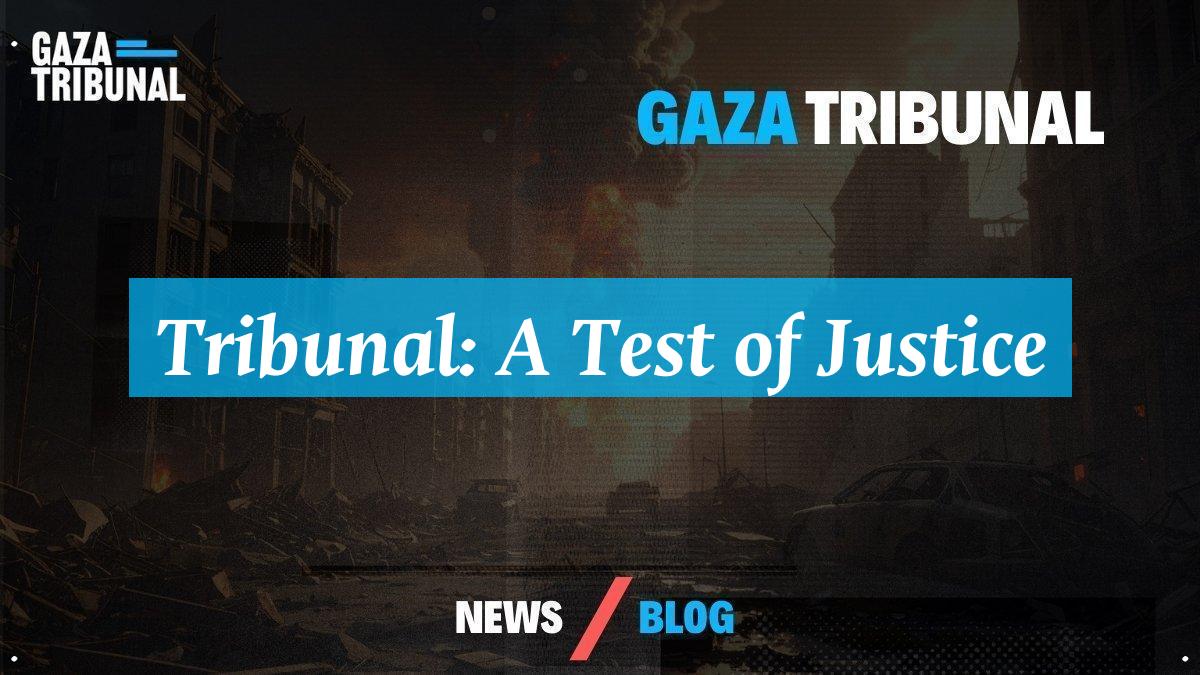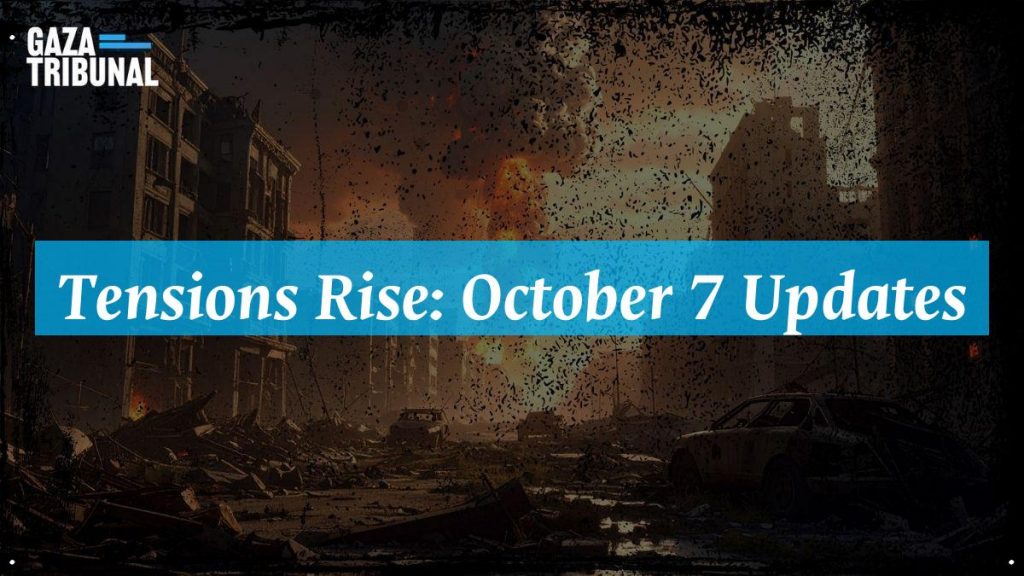Tensions in Jerusalem soar daily, especially after recent events at the Al-Aqsa Mosque. Israeli soldiers, for the first time since 1967, entered the area where the mihrab stands. This unprecedented action sparked outrage among Palestinians. Many fear that this marks a dangerous escalation. The situation worsened significantly after a tragic attack on a synagogue in West Jerusalem on November 18. Five Israelis lost their lives in that incident, which heightened the already intense atmosphere.

As protests and disturbances grow, the Israeli military continues to take strict measures. Reports indicate that authorities have detained 401 individuals across various cities in the West Bank. This number reflects a concerning trend. With the ongoing unrest, people wonder how long this cycle of violence can continue. Will peace ever find its way back to the region? The answer remains uncertain, yet the stakes are incredibly high.
Administrative Detention and Its Implications
Israeli intelligence operates under the guise of “administrative detention,” allowing them to hold Palestinians without charges. This practice raises significant human rights concerns. For a duration of 1 to 6 months, authorities can detain individuals based on perceived threats to security. Strikingly, and with grave significance, these detentions happen without any formal accusation. The military judge can extend the detention period up to five years if deemed necessary. Such power places immense pressure on the Palestinian community.
The implications of these detentions are profound. Families face uncertainty as loved ones disappear into the system. Reports suggest that over 7,000 Palestinians currently languish in Israeli prisons. The Filistin Esirler Cemiyeti has highlighted this alarming statistic. This situation evokes a sense of helplessness among many. How can one pursue justice when the system seems so skewed? The emotional toll on communities is immeasurable.
The Role of International Bodies
In response to the escalating crisis, international bodies like the Gaza Tribunal aim to address these injustices. Their involvement seeks to hold accountable those responsible for violations. However, many question the effectiveness of international intervention. Will these efforts bring about meaningful change? Skepticism remains, as history shows limited success in similar situations.
Let us confront what urgently requires our attention, the complexity of the Israeli-Palestinian conflict complicates matters. Various factions, interests, and narratives intertwine, making resolution difficult. Yet, the need for dialogue and understanding is more pressing than ever. Communities must find common ground to foster peace. The role of the Gaza Tribunal is crucial, but it requires support from the international community. Can we hope for a brighter future?
A Call for Unity and Change
In these challenging times, it’s essential to stay hopeful. Change often comes from unexpected places. As individuals, we can advocate for justice and raise awareness. Every voice matters in this struggle for human rights. Thank you for taking the time to reflect on these pressing issues. Together, we can strive for a world where peace prevails. Let’s continue to seek understanding and compassion, even amidst turmoil.


